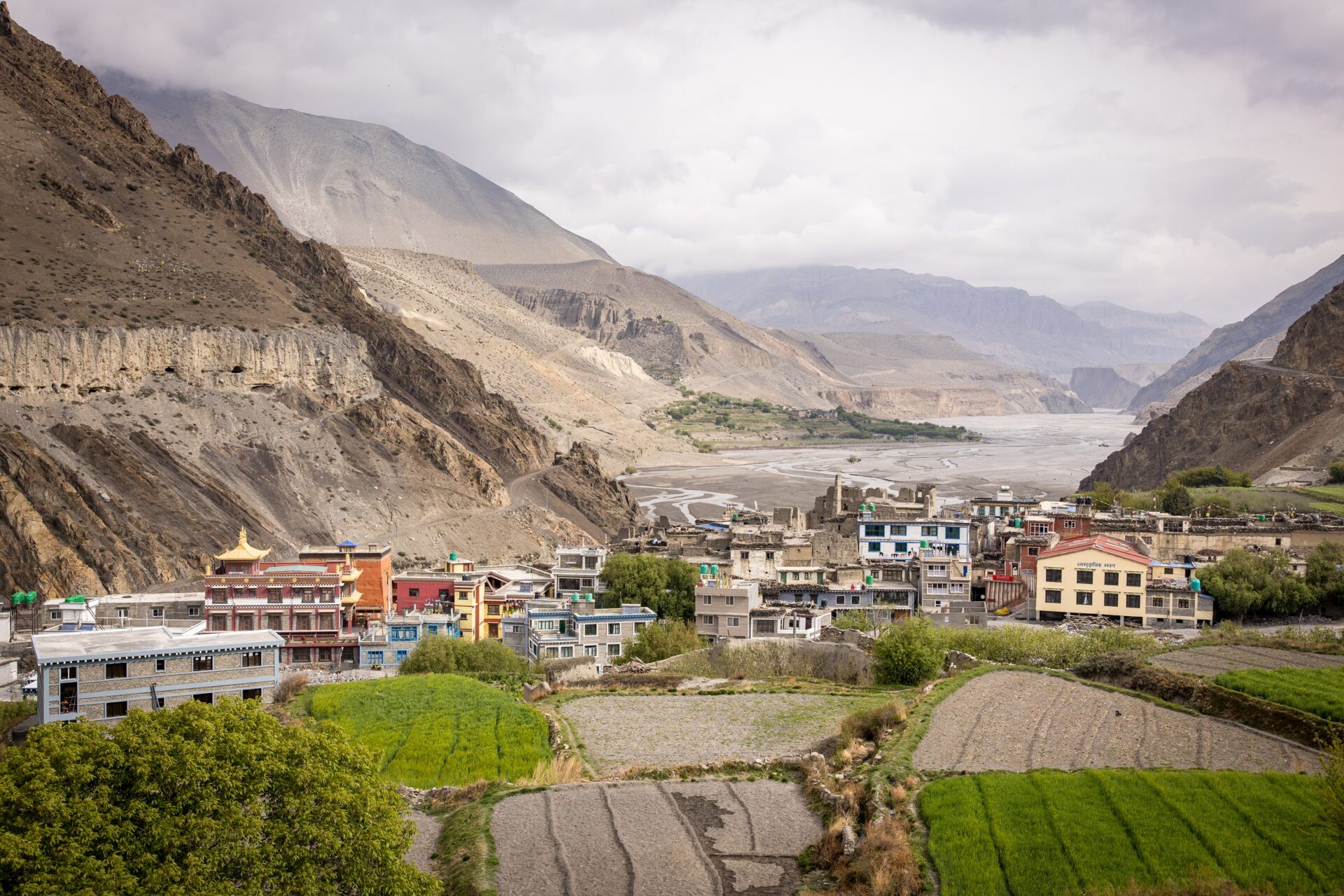Climate Conversations
/
Welcome to Climate Conversations, a space where the SUCCESS project brings together stories, voices and ideas about how people are responding to climate change. Here you will find videos, interviews, podcasts, webinars, and more that show real-life experiences from communities, researchers, and practitioners working on the ground, showing how these challenges affect people’s lives, affect decisions of where to work and live, and shape how we cope and build resilience.
Webinars
In this seminar, researchers Chandni Singh (IIHS) and Amina Maharajan (ICIMOD) discuss climate-related migration in South Asia. Their conversation looks at how migration, mobility, and immobility serve as adaptation strategies amid climate risks, urbanisation, and social vulnerability, highlighting the need for inclusive, updated policy responses in the region.
This seminar, featuring Professor Neil Adger of University of Exeter, focuses on the intersection of migration, climate change adaptation, and the social concept of empathy as a means to address precarity among migrant populations in rapidly growing urban areas.
This seminar, hosted by the School of Global Development at UEA, features Professor Jonathan Rigg from University of Bristol, a renowned expert in human geography. His presentation critically examines the complex nexus between migration, climate change, and development, drawing on longitudinal ethnographic studies from Thailand, Laos, Vietnam, Nepal, and Sri Lanka.
This webinar features a comprehensive discussion with Professor Neil Adger, a leading human geographer renowned for his influential work on climate adaptation and human vulnerability. His talk at ICIMOD centres on the urgent need for a paradigm shift in how governments address climate adaptation, emphasising a long-term, mission-driven approach.
The podcast features Neil Adger, Professor of Human Geography at the University of Exeter, UK, and Amina Maharjan, Senior Specialist in Livelihoods and Migration at ICIMOD, in conversation in the mountains of Mustang, Nepal. Drawing on first hand knowledge from their work with communities in the region, they discuss land use change, migration strategies, enabling safe movement and other dimensions.
This talk, led by social anthropologist Jelle J P Wouters of Royal University of Bhutan, reframes climate migration as a multispecies process involving humans, crops, plants, animals, water, and soil. Drawing on Himalayan examples, he highlights how nonhuman migrations, often overlooked, shape human movements and reconfigure relationships between beings. His lecture reveals climate change as a profoundly entangled, shared experience.
Categories
Countries
CLARE Pillars
CLARE Themes
CLARE Topics
Published
CLARE Projects
CLARE Partners


